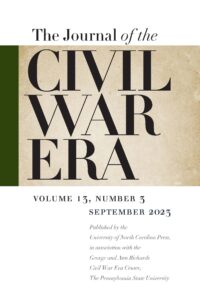
Preview of the September 2023 JCWE
In this issue, the burgeoning fields of legal history and memory take center stage in our examination of the history of the Civil War Era. Sarah Barringer Gordon's "Staying in Place: Southern Methodists, the Colored Methodist Episcopal Church, and Postwar Battles for Control of Church Property" draws on both legal ...
Read More
Read More
Fighting the Good Fight
Today we share the conclusion to our fiction roundtable here on Muster, by our guest editor, Sarah E. Gardner. You can read all of the roundtable reviews by clicking on the links in her introduction. We hope you've enjoyed these reviews as much as we have here at The Journal ...
Read More
Read More
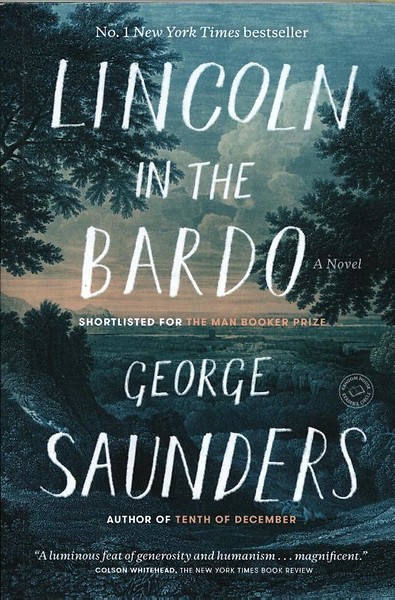
Lincoln in the Bardo
Our final review for this week's roundtable comes from Nina Silber, Professor of History and American Studies at Boston University. You can read all of the roundtable contributions by clicking on the links in the guest editor's introduction. In this imaginative and deeply moving book, George Saunders has re-envisioned the ...
Read More
Read More
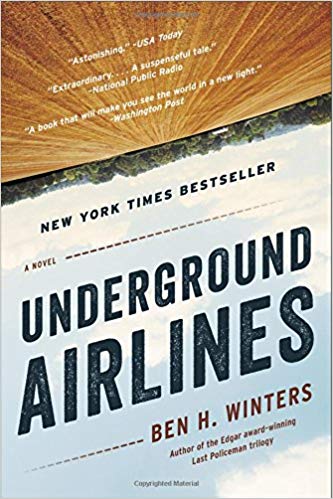
A New “Alternative” History: Ben Winters’s Underground Airlines
Because most are poorly-plotted, barely-disguised apologies for the Lost Cause, many historians have a low tolerance for “alternative histories” of the Civil War. Whether in the form of Confederate memorials like Silent Sam or Harry Turtledove novels, folks love to fantasize about what the United States would have been like if ...
Read More
Read More
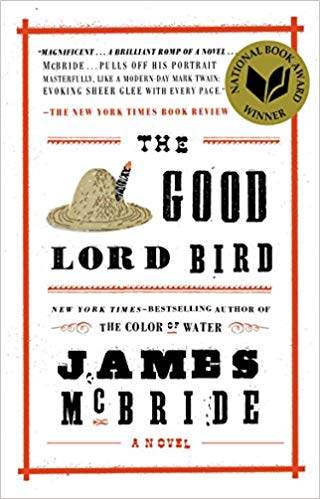
James McBride’s Reimagining of John Brown and His Legacy
Below you will find the third review in our Civil War fiction roundtable, from Hilary Green, an associate professor at the University of Alabama. Previous and subsequent reviews in the series are available by following the links in the guest editor's introduction. The controversial figure of John Brown--and his connections ...
Read More
Read More
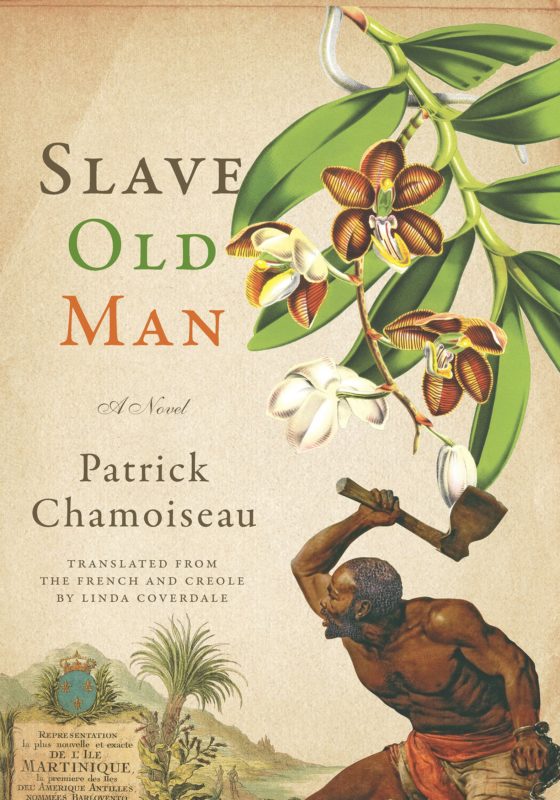
Slavery and the Historical Imagination: A Review of Patrick Chamoiseau’s Slave Old Man
Today's contribution to our fiction roundtable comes from Timothy J. Williams, assistant professor of history at the University of Oregon. You can read previous and subsequent entries by using the links here. In 1997, Patrick Chamoiseau, author of a dozen works about his native home of Martinique, published Slave Old Man ...
Read More
Read More

Confederate Widow Confidential: Varina Tells (Almost!) All
Today we share the first post in our roundtable on recent Civil War fiction. The guest editor's introduction, by Sarah E. Gardner, includes links to all the posts and can be found here. The cover of Charles Frazier’s Varina: A Novel identifies its author as the “bestselling author of Cold ...
Read More
Read More
Fiction Fights the Civil War
This week, Muster begins a series on recent fiction about slavery and the Civil War. Interest in how the war is represented in popular literature remains unabated because the legacies of slavery and the war endure, a point emphasized by Carole Emberton in her roundtable review of Underground Airlines. Who ...
Read More
Read More
The Contested Meanings of the Fourteenth Amendment
This weekend, we share the guest editor's conclusion to our roundtable on the Fourteenth Amendment. Earlier contributions can be found in order here, here, here, here, and here. Thank you for following along with us as we reevaluated and commemorated the amendment's 150th anniversary. Last Sunday, I gave a public ...
Read More
Read More
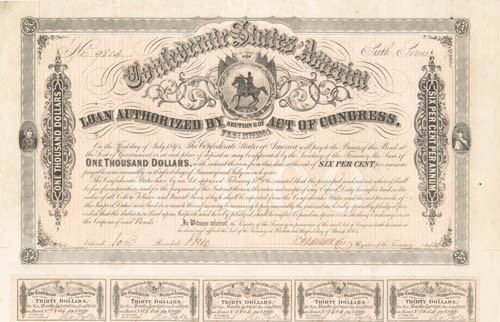
The Fourteenth Amendment’s “Other” Sections
Here we provide the penultimate contribution to our Fourteenth Amendment roundtable. Previous selections from this roundtable can be found here, here, here, and here. Our guest editor Martha S. Jones's conclusion is available here. For a Constitutional Amendment that undergirds so much of modern American jurisprudence, there may be ...
Read More
Read More
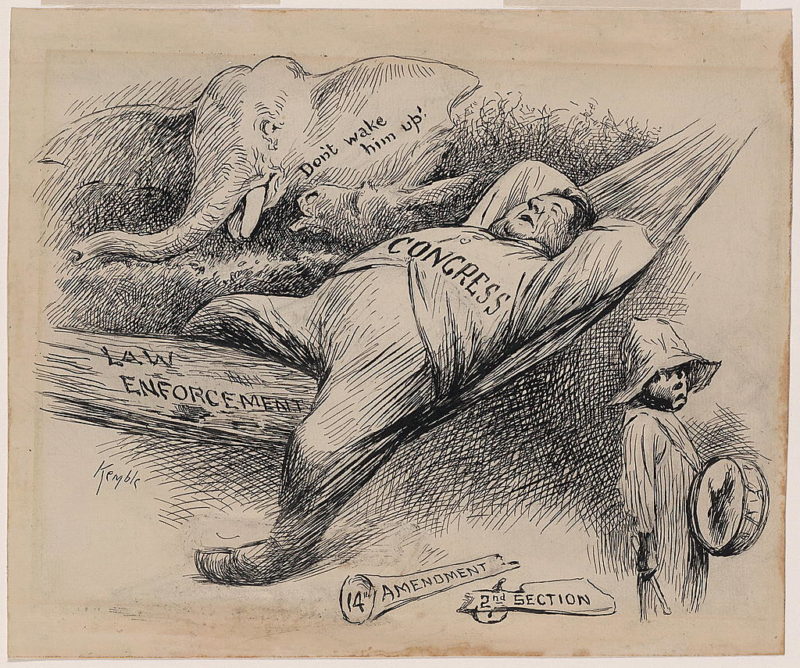
Erasing Dred Scott’s Shadow
Today we are publishing Hilary Green's contribution to our Fourteenth Amendment roundtable. Previous contributions to this roundtable can be found here, here, and here. The final post and conclusion can be found here and here. Amid the chaos of the current political moment, the July 9, 2018, sesquicentennial anniversary ...
Read More
Read More
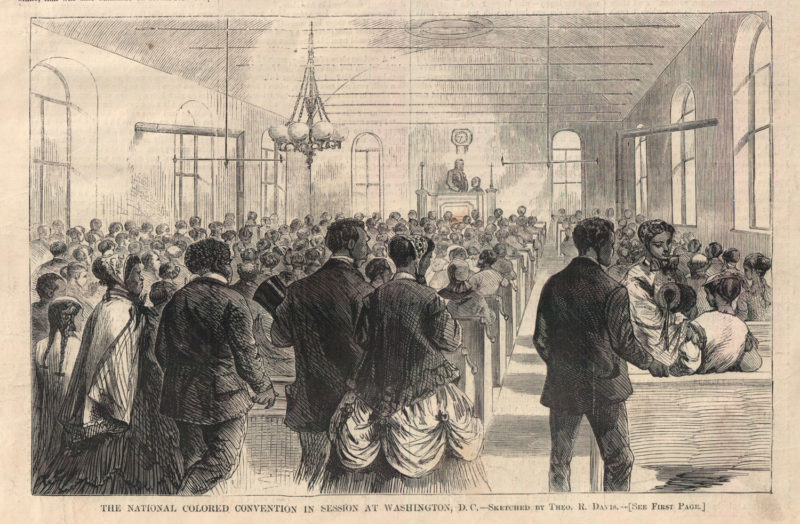
“Though Declared to be American Citizens”: The Colored Convention Movement, Black Citizenship, and the Fourteenth Amendment
Today we share the second installment of our Fourteenth Amendment roundtable. You can find the guest editor's introduction here, and the first contribution here. Subsequent contributions, including the conclusion, are available here, here, and here. Past struggles over the meaning of citizenship speak to us today. The question of ...
Read More
Read More
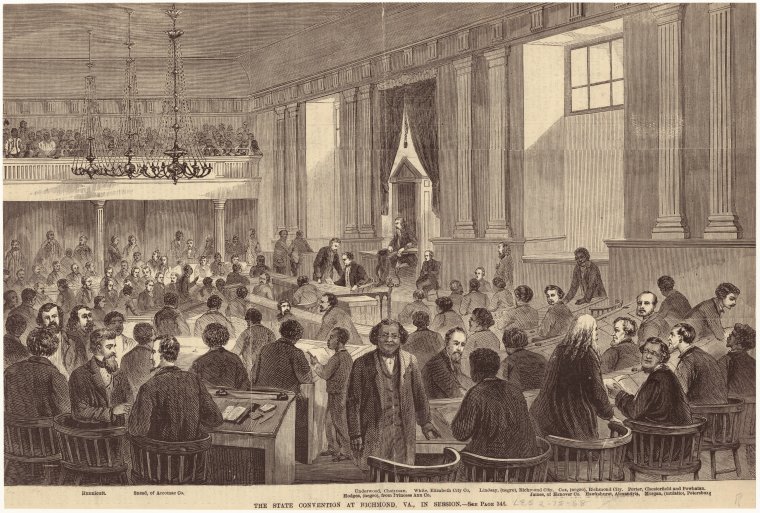
The Roots of Reconstruction
Today we share the first contribution to our scholarly roundtable on the Fourteenth Amendment. The guest editor's introduction and conclusion can be found here and here. Subsequent posts can be found here, here, and here. In the decades before the passage of the Fourteenth Amendment, African American activists helped ...
Read More
Read More
A Muster Roundtable on the Fourteenth Amendment
This week marks the 150th anniversary of the Fourteenth Amendment to the U.S. Constitution.[1] On July 9, 1868, one of the Reconstruction Era’s boldest innovations became law. Birthright citizenship, equal protection of the laws, and voting rights entered the constitutional pantheon, pointing the way forward for a nation that had been ...
Read More
Read More
The Years After the Eight Years: What Lies Ahead?
Today we conclude our roundtable on Ta-Nehisi Coates's We Were Eight Years in Power with a post by Greg Downs. Downs is this roundtable's guest editor and an associate editor at the Journal of the Civil War Era. He is a professor of history at University of California--Davis. Previous installments ...
Read More
Read More
It Was a Good Day: White Supremacy and Legal History
Today we share the final installment of our roundtable on Ta-Nehisi Coates's We Were Eight Years in Power. Scott Hancock is associate professor of History and Africana Studies at Gettysburg College, with expertise in Black northerners’ engagement with the law. Previous installments of the roundtable are available here, here, and here ...
Read More
Read More
